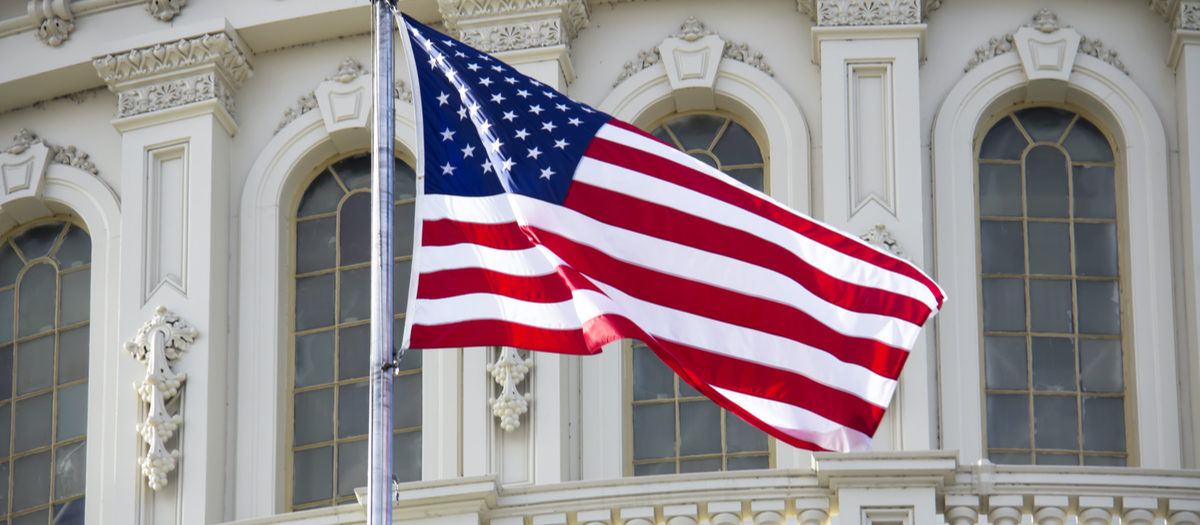
My Personal Philosophy on Criminal Defense
On a Person Being Arrested
Be polite, calm, and respectful. Do not say anything. If the officer asks you any questions, calmly reply that you will not say anything without your lawyer present. Then call your lawyer at the first opportunity. Remember that police officers are professionals. You may not have any experience being arrested; they have lots of experience arresting people. They know how to get people to say seemingly harmless things that come back later to bite them. And again, be polite. When I see someone who is in custody who shouldn’t be, it is usually because the person said something that made the police officer angry.
On a Person Facing Criminal Charges
Being charged with a crime – even a simple misdemeanor – can be one of the most frightening things that ever happens to a person. I understand the frustration, anger and confusion people feel when faced with the enormous prosecutorial power of the state arrayed against them. Call your lawyer immediately. There may be things your lawyer can do to cut this off before it goes any further.
On Zealous Advocacy/Aggressive Defense
I always do my best to be courteous to opposing counsel, deferential to the court, and respectful of opposing witnesses. But sometimes, when the client’s interests demand it, I may have to ruffle some feathers. This is not unprofessional or unseemly. Our system of justice recognizes this. In fact, our entire system is predicated on the recognition that a defense attorney is the only thing that stands between a person charged with a crime and the vast resources of the state dedicated to sending him or her to jail. If the lawyer is not looking out for the client’s interests, the whole system will fail.
On Personal Representation
No one but me represents one of my clients in the courtroom. I limit the number of cases I take on so that I never have to turn a case over to a colleague or associate. There is no typical case of anything, even relatively minor misdemeanors. Each case is different. Each case may rise or fall on a small detail only someone completely on top of the case would know.”
All clients have my cell phone number and permission to use it when they need to speak to me. I understand that clients are nervous and have lots of questions. I’ll need to answer those questions if my clients are to be active and informed participants in their own defense. In all of my years giving out my cell phone number to clients, I have never had a client abuse the privilege.
On the Attorney-Client Relationship
Our system of justice recognizes the very special relationship between an attorney and his client. Everything the client tells me once this relationship has been established is confidential. That means that clients can tell me everything, and they need to do so if I am to represent them effectively. I need to know the good facts. I need to know the bad facts so that I can anticipate and counteract them. And I need to know what might appear to be insignificant facts because those are often the ones that will decide a case.
On Plea Bargains
Clients don’t hire a lawyer because they want to plead guilty. They don’t pay a trial lawyer for his plea bargaining skills. Getting probation is NOT beating the case; it is a conviction on your record that could follow you for the rest of your life. At the same time, depending on the facts of a particular case, I recognize that sometimes a plea bargain is in the client’s best interests. Whether or not to take a deal is the client’s decision. It is my role to provide the client with my full and unfettered advice in making the decision based on what I believe is in the client’s best interests. What I can say is that I will never recommend a plea bargain to a client if I wouldn’t recommend the same deal to a member of my own family.
On Trial Strategy
Prepare, anticipate, and then prepare some more. For a trial attorney, there is nothing worse than losing. And, for a trial attorney, there is nothing better than a verdict of not guilty.
© Jamison Koehler 2009
